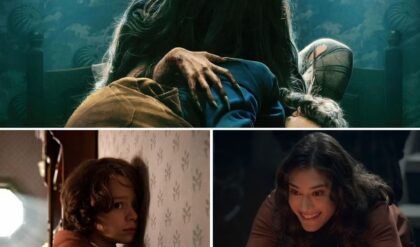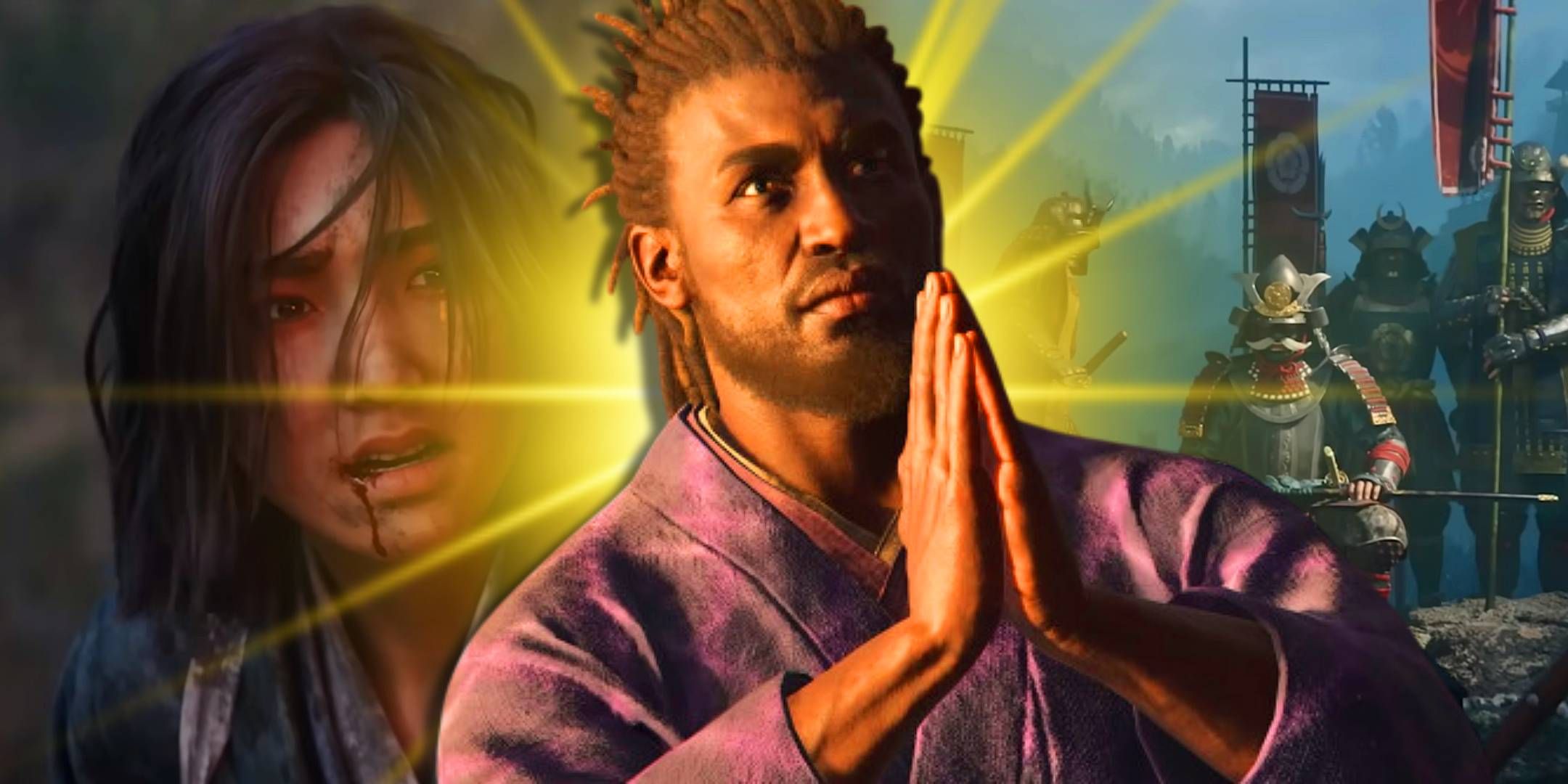
So far, Assassin’s Creed Shadows’ previews have been painting a very positive picture, alluding to a fresh take on the classic Ubisoft open-world formula, as well as two distinct characters that are fun to play. That will all come as amazing news, especially to those who have pre-ordered the game already. However, one aspect the previews didn’t get much opportunity to delve into was Assassin’s Creed Shadows’ narrative. Ubisoft’s track record with storytelling has been poor as of late, and if Shadows wants to truly succeed, this is where it needs to excel the most.
Ubisoft Is Bad At Telling Stories
It Is Constantly The Weakest Part Of Its Games
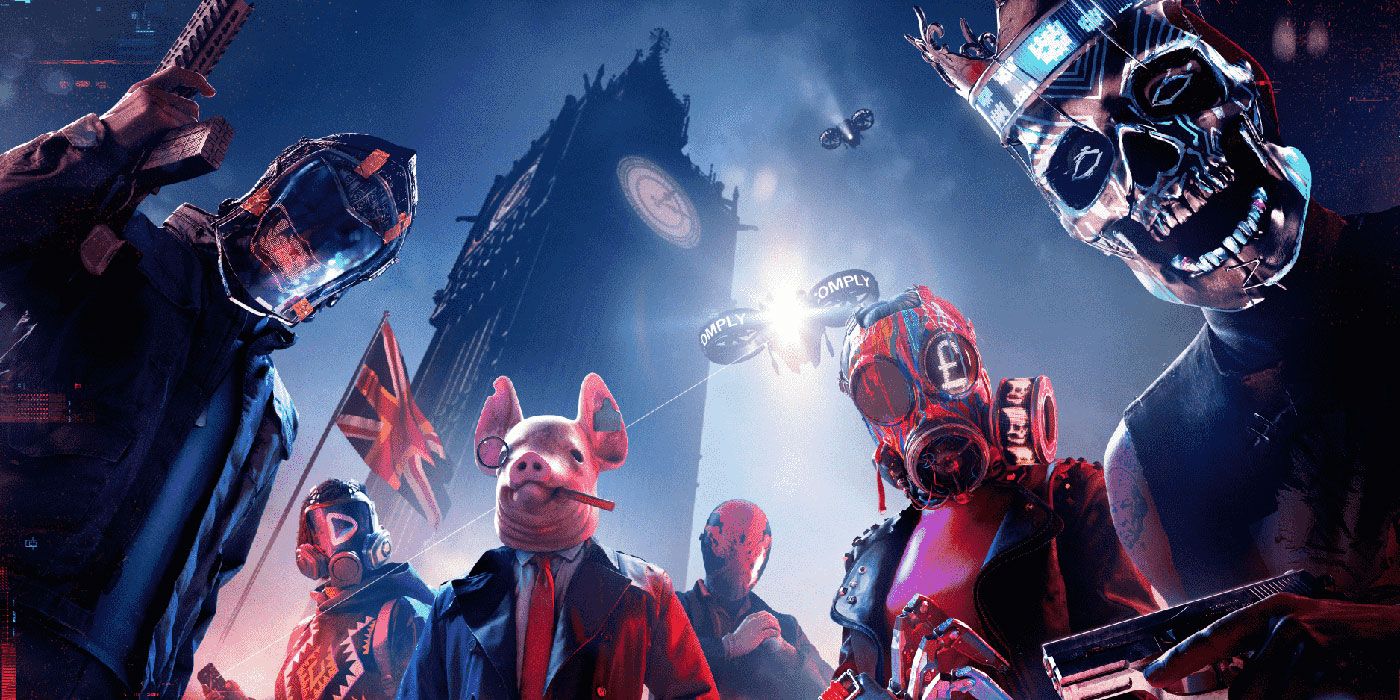
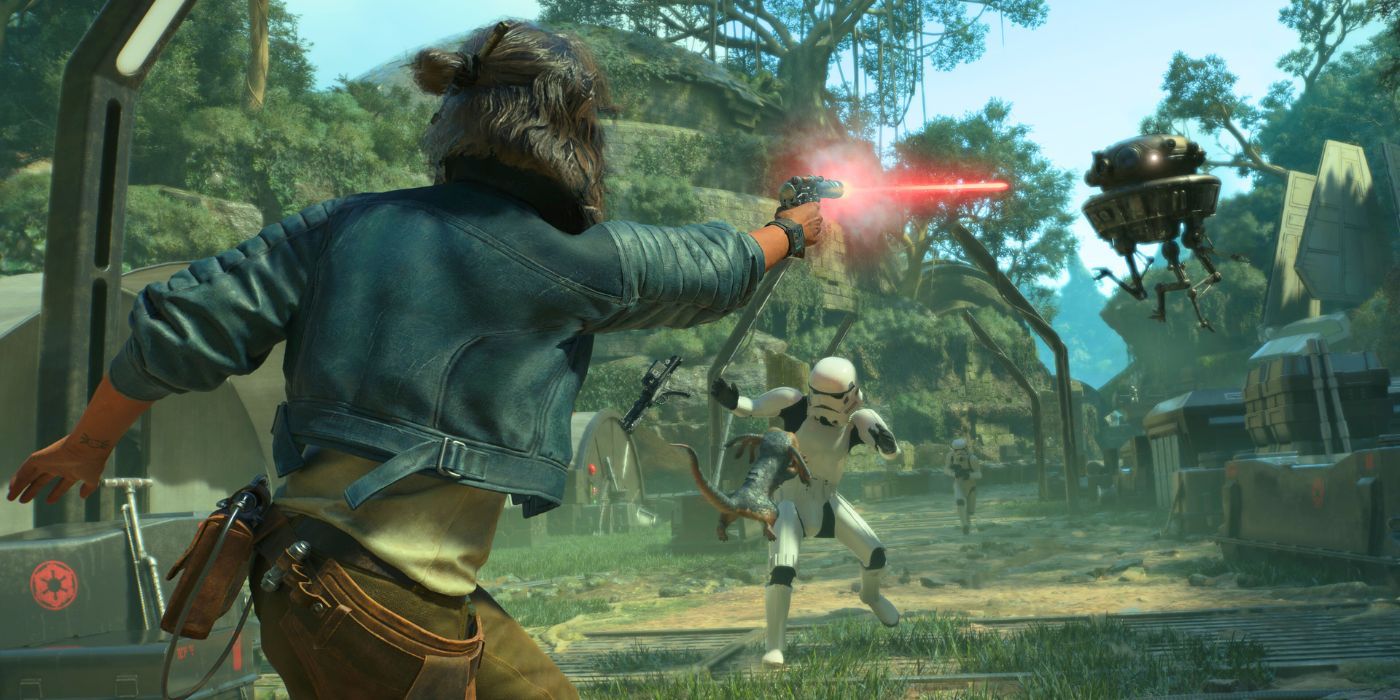




Ubisoft hasn’t always been terrible at telling stories, but its recent offerings – at least those in the AAA space – have almost exclusively had bad narratives. From Frontiers of Pandora’s lackluster villain that appears only twice throughout the entire game to Watch Dog’s Legions’ frustrating attempt at telling a cohesive story without a central protagonist, Ubisoft has proven time and time again that it still doesn’t know how to write a compelling main quest for players to embark upon. Unfortunately, this stretches to all of Ubisoft’s franchises, new and old.
It is worth noting that not all modern-day Ubisoft games have a bad narrative. However, those with stronger stories are typically its smaller, more experimental titles, such as Prince of Persia: The Lost Crown, Valiant Hearts, and Child of Light.
This problem extends to the likes of Far Cry 4, which felt like a pale imitation of its renowned predecessor, the original Watch Dogs, which’s overwhelming grit went underutilized in a mediocre plot about revenge, and a myriad of Assassin’s Creed games post-Black Flag. It isn’t just that the scripts are bad, although that plays a big role, as the way Ubisoft chooses to present these narratives also feels half-baked. Poor animations, motion capture, and camera angles make every narrative moment feel as uncinematic as possible, giving them no weight, meaning, or impact.
Assassin’s Creed Narratives Have Struggled
Recent Entries Have Been Lacking In The Story Department
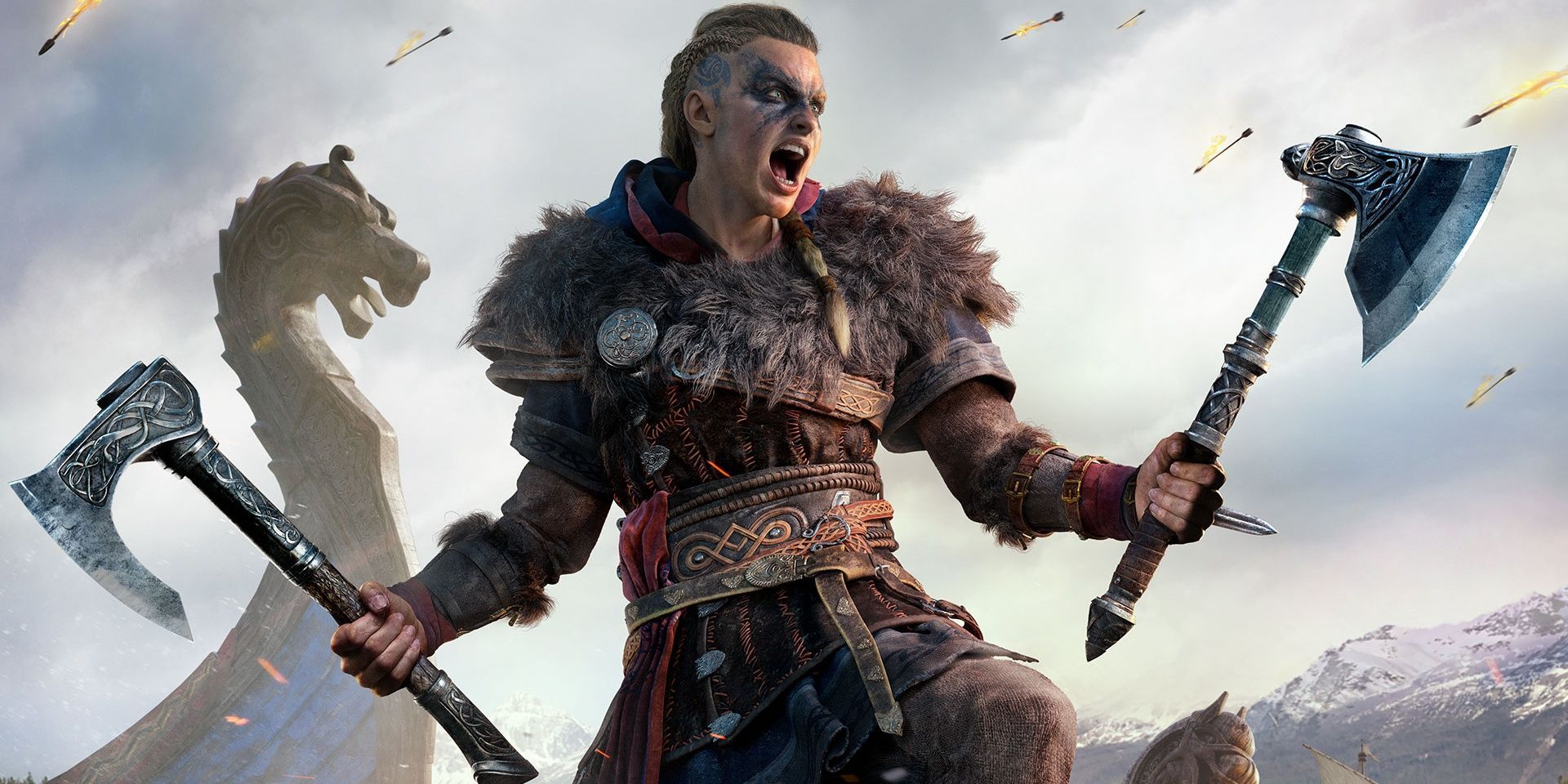
As alluded to, Assassin’s Creed is not exempt from Ubisoft’s poor storytelling, although it is, in many ways, exempt from certain criticisms. For example, unlike most of Ubisoft’s franchises, Assassin’s Creed’s protagonists are largely enjoyable, if, occasionally, genuinely interesting. The Frye siblings in Syndicate are a joy to be around thanks to their enjoyable banter, Bayek proved to be a thoroughly engaging protagonist to embody, and Kassandra was one of the few highlights of Odyssey. Of course, it goes without saying that Edward and Ezio are some of the best protagonists in Assassin’s Creed history.
One of the many reasons why Eivor’s story isn’t as engaging as, for example, Edwards in Black Flag is because Valhalla is broken up into multiple little stories focused on insignificant characters that never reappear. As a result, Eivor doesn’t have time to develop. The open-ended nature of Valhalla’s narrative structure means that Ubisoft can’t tell meaningful stories, especially when it comes to its main characters and the world they inhabit. Mirage suffered from a similar problem, albeit to a lesser extent, with its focus on hunting down targets that aren’t developed enough to make the player care.
Of course, another huge issue that is unique to Assassin’s Creed’s narrative is its focus on the modern day. Assassin’s Creed has always struggled to tell compelling stories because it’s bound by its self-imposed restrictive rules surrounding the Animus, Isu, and the modern-day sections. The most frustrating aspect about the modern-day plotlines isn’t that they’re inherently bad, as they have a lot of potential to be interesting, but rather that Ubisoft can’t make up its mind about whether to prioritize them or forget them entirely.
Assassin’s Creed Shadows Needs A Good Story Above All Else
It Has The Opportunity To Tell A Unique Tale
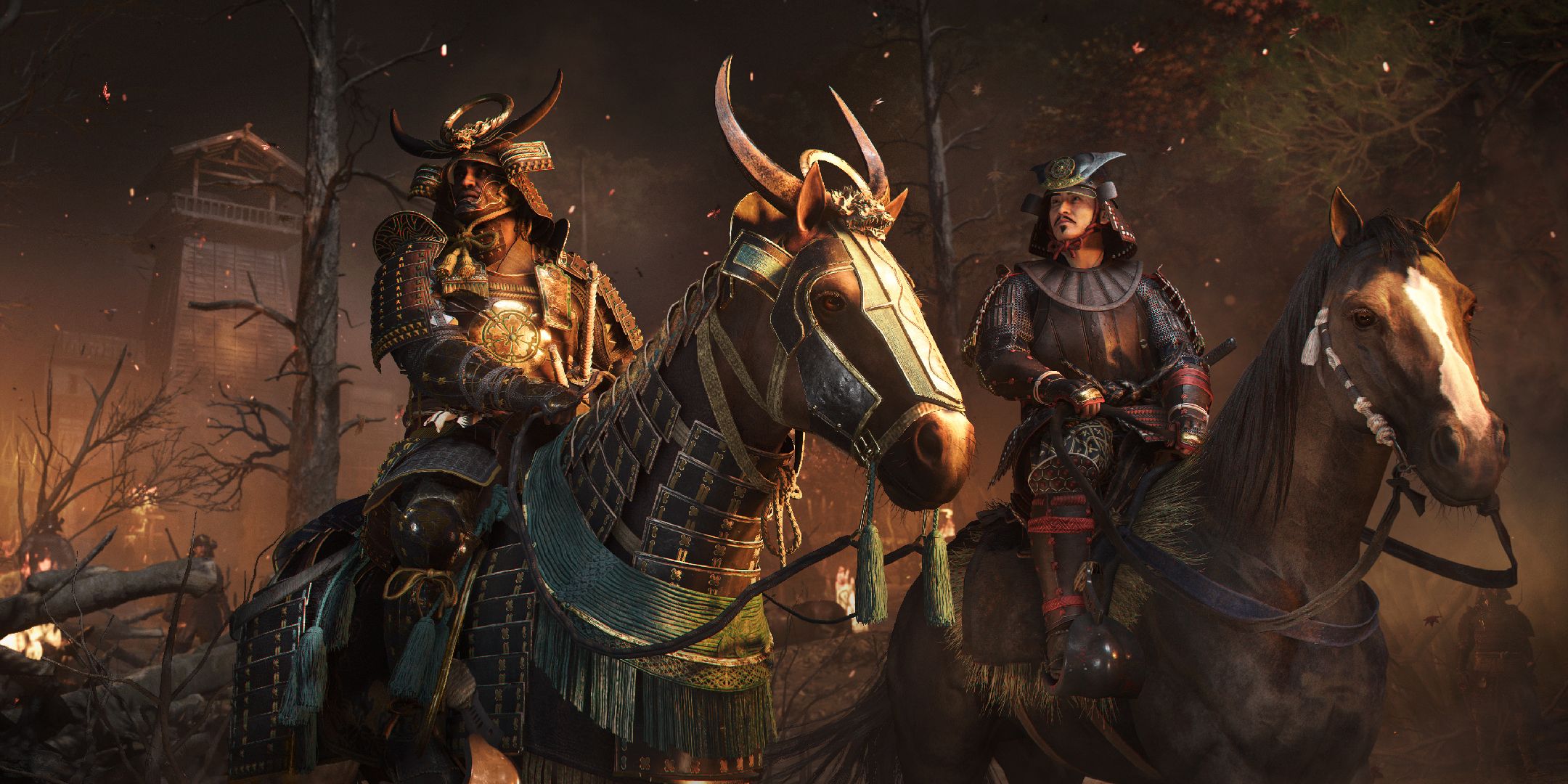
Fortunately, Assassin’s Creed Shadows has the potential to correct the failings of its predecessors. Fans have been complaining enough about Ubisoft’s lackluster narratives and unconvincing villains for quite some time that one would hope it would finally listen. Luckily, at least according to some of the previews, there have been some improvements in the narrative department. Some have claimed that the cutscene direction in Shadows is a step up from past Assassin’s Creed games, and a trailer showcasing exclusively in-game story-focused cutscenes seems to prove this.
Importantly, Ubisoft is putting a lot of emphasis on the dynamic between Assassin’s Creed Shadows’ dual protagonists, as well as their own personal struggles. Despite Assassin’s Creed Shadows’ controversies surrounding one of its two protagonists, Yasuke, both characters look genuinely interesting. They are also deeply grounded in history, according to the developers, meaning they have a lot of pre-determined characteristics to play from as well as plenty of backstory to explore. If Ubisoft manages to pull it off, Shadows could end up featuring one of the series’ best narratives.
While Ubisoft has proven it is capable of innovation in many regards when it comes to the mechanical and technical aspects of its games, it has stagnated when it comes to their heart.
While Ubisoft has proven it is capable of innovation when it comes to the mechanical and technical aspects of its games, it has stagnated when it comes to their heart. Novel gameplay features and iterative open-world design decisions can only carry a game so far, as players will undoubtedly grow bored once they realize that there’s little point in caring about the world and characters they’re interacting with. Assassin’s Creed Shadows needs a good story, not just to save the series from being forgotten, but to prove that Ubisoft is still capable of crafting the memorable stories it once was.

